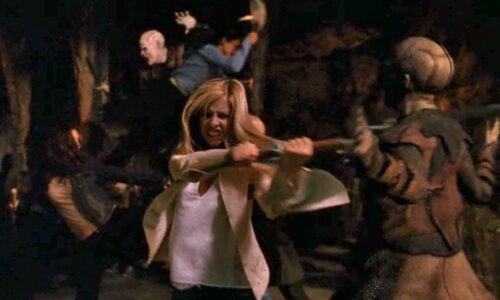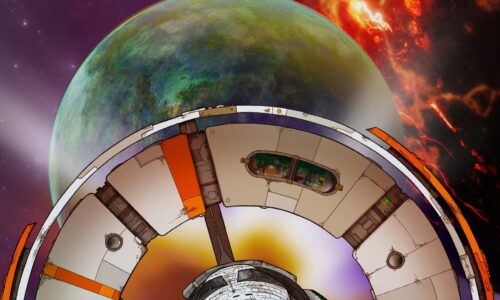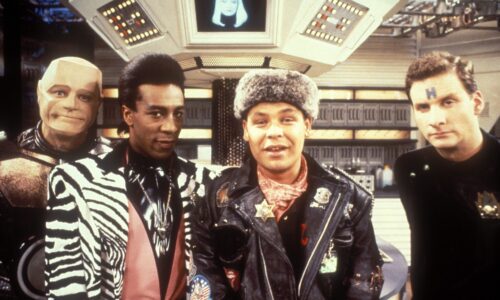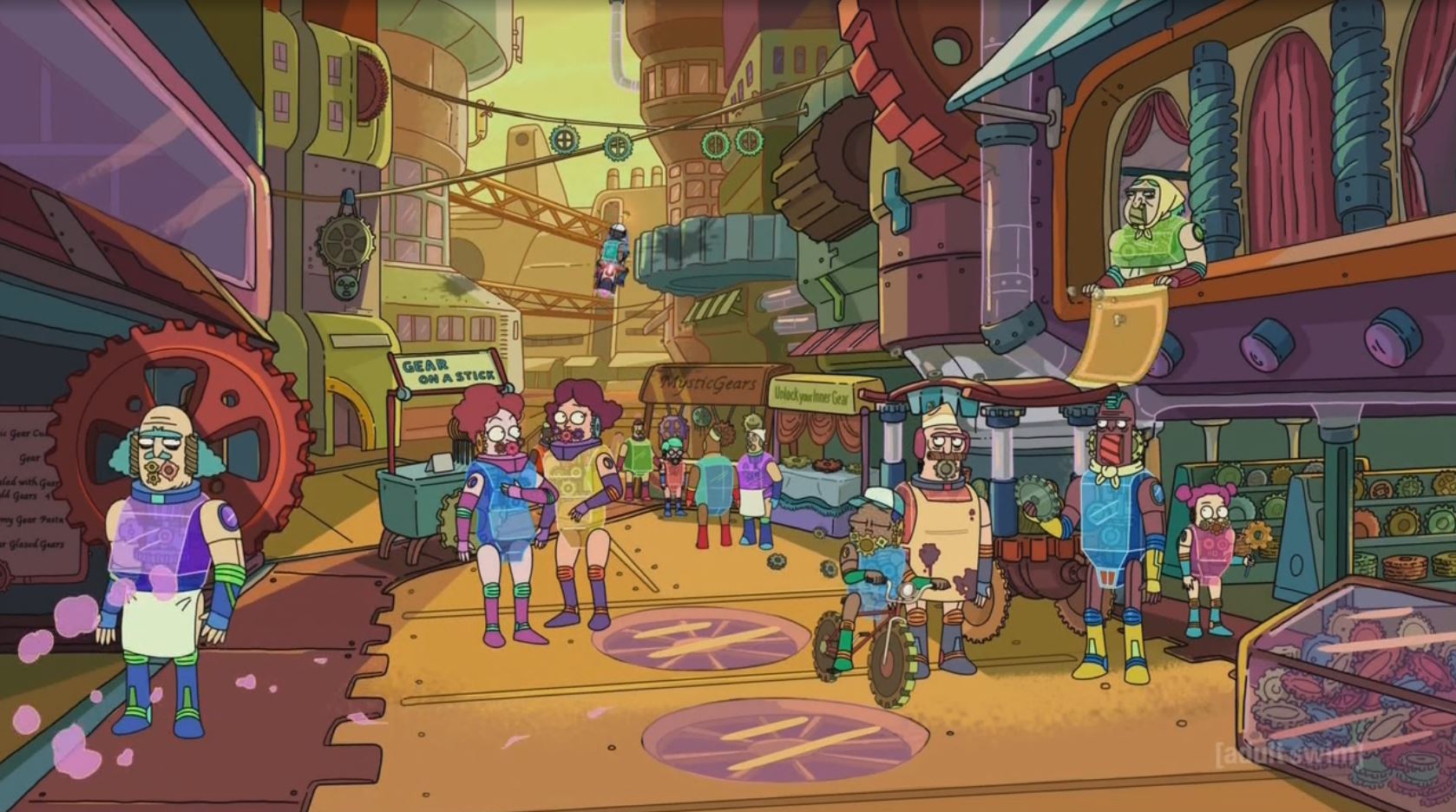
“Intelligences Greater Than Man’s and Yet as Mortal as His Own”
Part 3: Which Rules Aren’t?
- Uncategorized
- February 3, 2021
Welcome to Part 3 of my series looking at how to write aliens so that they seem, well, alien. So far we’ve had a look at how alien bodies might be designed in a way that doesn’t look like a guy in a mask, and we’ve taken a look at some of the easy, lazy, and downright problematic ways to create an entire alien culture from whole cloth.
So now we get to the tricky bit: Actually trying to come up with an alien way of perceiving the world without simply ripping off some hackneyed stereotypes and painting them green. And a good way of doing this is to try and do what science fiction does better than any other genre: Look at humanity from the outside.
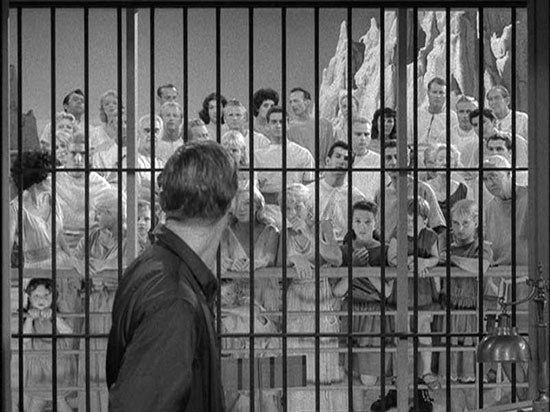
Particularly, our rules. What are the universal human values, the things we think of as a given? Wat do we believe just because that’s the way it is? And how many of those values can be easily disposed of as provincial local customs while still leaving you with a functional civilisation?
To pick a superficial example, our most common taboos could easily look silly to a passing alien. We see eating as a communal, public activity, while going to the loo or having sex are both widely seen as private, secretive things to be done behind closed doors. If you change those rules, making pooing and bonking just two perfectly ordinary, necessary functions about as emotionally charged as eating, that has a knock-on effect to the entire culture. For starters, suddenly you’re vocabulary of swearwords has suddenly vastly diminished, as have most of our best jokes.
Something as simple as our notions of maths and time measurement is tied inexorably to the completely random length of time it takes the Earth to rotate once and perform a circuit of its star, while we use Base 10 in maths because that’s how many fingers we have. These are the things you need to keep an eye out for.
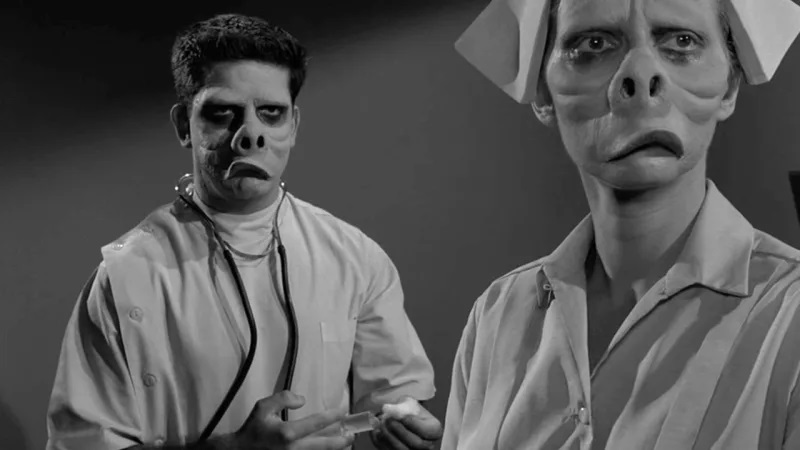
Another good one to look at is our culture’s predominant attitudes to gender. Our rules around gender are complex and if you take even a moment to think about it astonishingly arbitrary. So much science fiction automatically assume that aliens will have dimorphic, unchanging genders, even though that’s not the case with many animals on Earth, including humans. We assume that in a dimorphic species the males will be larger and more aggressive, even though with many species other than humans the opposite is true.
And a lot of fiction assumes being heterosexual and monogamous is the default, again, despite the fact that this really fails to be the case among both humans and animals.
Even stories that attempt to show us an “alien” culture, tend to default to this, such as Larry Niven’s cat-like Kzin, where he “creatively” decides that only the males of the species are sentient, or the Ferengi, whose “alien” culture won’t let women wear clothes or own property. Basically, any alien species that habitually uses “Female” as a noun probably needs work.
But none of this stuff is baked in.
The fact is, everything you can call the Patriarchy is a bunch of stuff that we humans made up, all of it, despite what some evolutionary psychologists might say. Of course, those assumptions are also so deeply ingrained that trying to write a culture without them can be a real challenge.
The most famous example is probably the androgynous people of the planet Winter in the Left Hand of Darkness, but that is just one of an infinite number of possible set ups. Again, if we look to the animal kingdom there is all kinds of inspiration, from Hive style set ups where everyone except the Queen and a handful of males are sterile workers (Nate Crowley’s Notes from Small Planets does a great take on this model by using it to explain Dwarf gender), to the giraffe mating habits, where a male drinks a female’s urine to see if she’s ovulating, but will otherwise have sex with lots and lots of men. Then there’s the Angler Fish mating pattern, where the much smaller male will attach himself to the female, hooking up his circulatory system to hers, eventually becoming completely absorbed. That’s dead romantic if you’re a fish.
What sort of cultures could build up around those systems? What sort of art would be created? How would they swear? Are you going to get as many love poems when the primary mode of reproduction is to lay some unfertilised eggs in communal egg pile, wank over some others, and come back later to see if any of the fertilised eggs is yours?
While writing Fermi’s Progress one of my biggest recurring questions was “What pronouns do we use for these aliens? How is their gender constructed?” In Dyson’s Fear the aliens start out male, then turn female as they mature, and it only once they’re able to bear young that they can really achieve a higher status in society. That has all kinds of repercussions, and I don’t find time to explore all of them in the book, but the main takeaway is that the way things are set up here isn’t the only way they need to be set up.
If you’re resorting to dimorphism because it’s “easier” and “the default”, it’s worth taking a moment to see if your story will work with alternatives.
It’s also worth remembering, while “breaking rules”, that humanity contains a lot of people, with a lot of ways of existing, and when you create your aliens you want to be sure you’re not othering humans in the process. A gender outside of male and female might seem like a cool alien concept to you, but for many people that’s just Thursday. Make sure your allegory doesn’t erase real people.
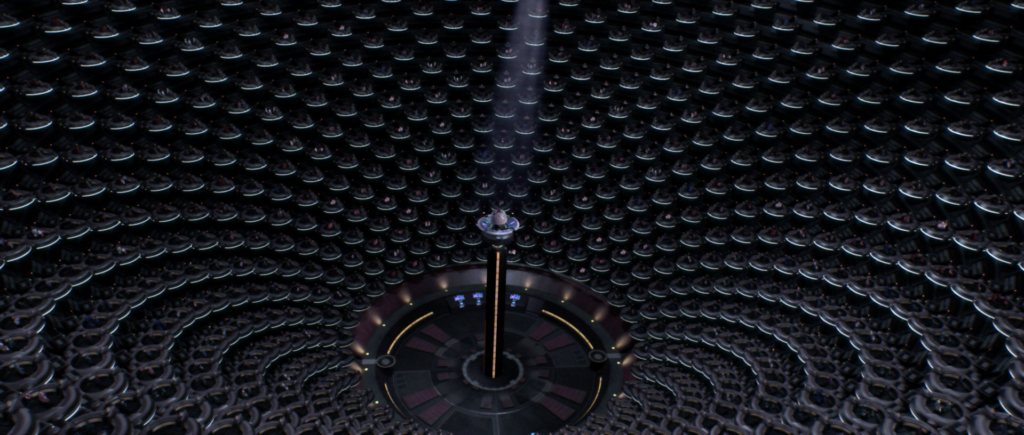
Romance, gender and reproduction are just one area you can play with. Our system of economics is also pretty arbitrary. People have tried various alternatives to capitalism with varied success, but your alien planet can operate on anything from feudal oligarchy to sapiocratic collectivism. You could even go really wild and have a society built on pure democracy.
Everything is to play for. Even things we seemingly think of as a given, such as the importance of agriculture as a basis for the rest of a civilisations development, can be thrown out the window. It’s happened before! What does a global hunter gatherer based economy look like? Or a sustainable culture for a carnivorous species? What are the advantages or these societies? And their downfalls?
And remember, always remember, to balance those two things. We’re looking for strange new worlds and civilisations, not your idea of what a political utopia is like. Likewise, while dystopias surely exist (and there plenty of reasons to argue we’re living in one now) even the most oppressive society has to find a way to work, and if a society is genuinely oppressive there will be people within it who know that and are pushing against it, however ineffectively. They aren’t waiting for humans to introduce them to this strange new idea called “Freedom”.
An excellent example of this done well is in Mary Doria Russell’s The Sparrow. I’m going to try not to give away too much about this book, because if you haven’t read it than you really ought to read it, but Russell does an excellent job of creating a culture that’s different to ours, and is in some ways morally repugnant to us, but it works, and she shows how introducing new ideas into that culture can have unexpected and volatile side effects. There’s a fine-line between this attitude and colonialism, but where Russell succeeds is that she doesn’t treat her aliens as living in an Edenic paradise ruined by the introduction of human sin. But she shows that new ideas have an impact, and in a culture that doesn’t have it introducing the concept of agriculture can be every bit as world-shattering as introducing say, the Internet, mass production or the contraceptive pill has been to ours.
Next week we’ll be push the rules even further to breaking point, not just looking how we arrange our politics, our money or our families, but how we interpret reality. Alien intelligences might be so different from us as to be possibly unrecognisable to us as intelligences. But how do you make that into a compelling story character?
In the mean time, my aliens are still here waiting to be read in Fermi’s Progress: Dyson’s Fear.

